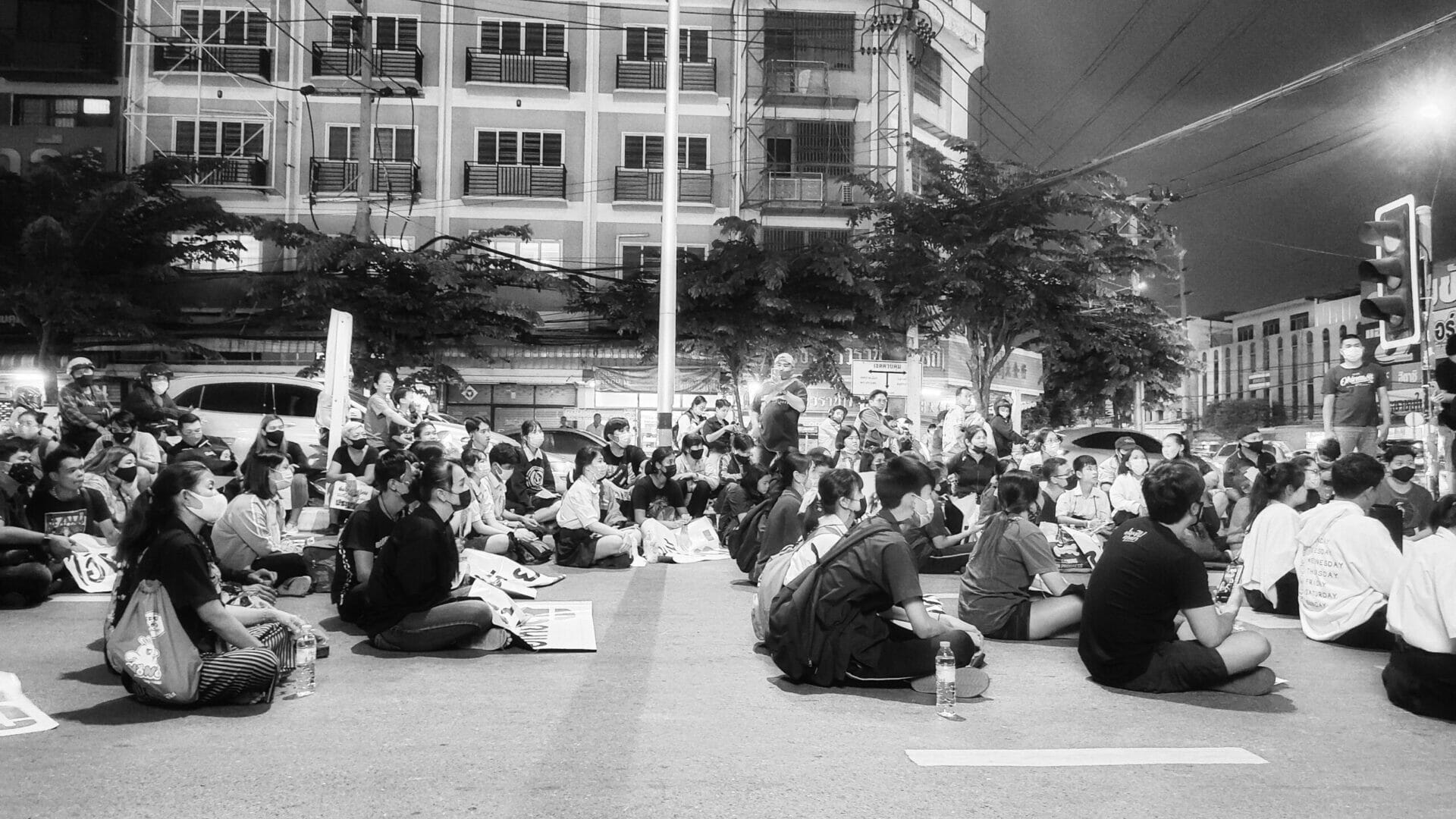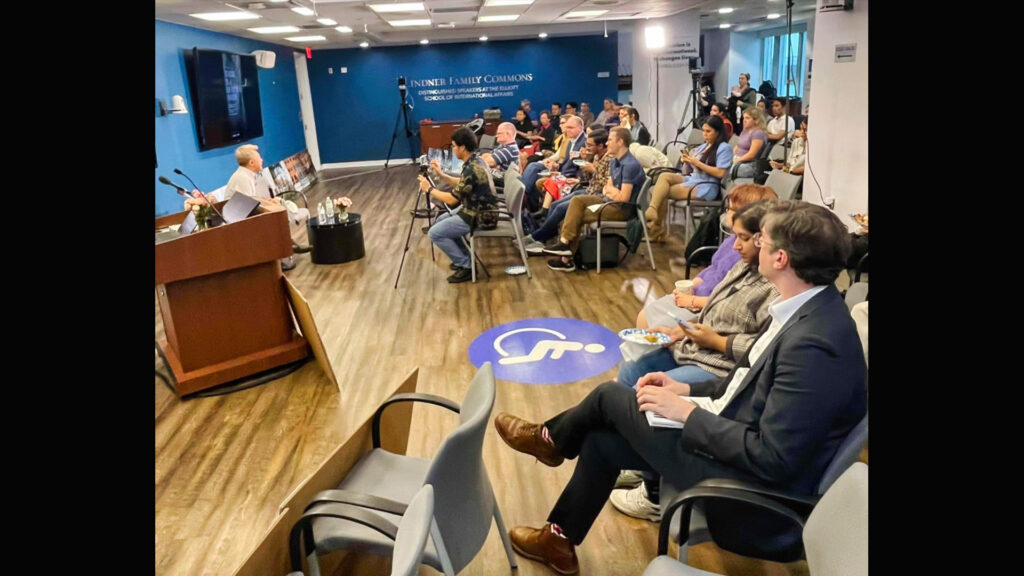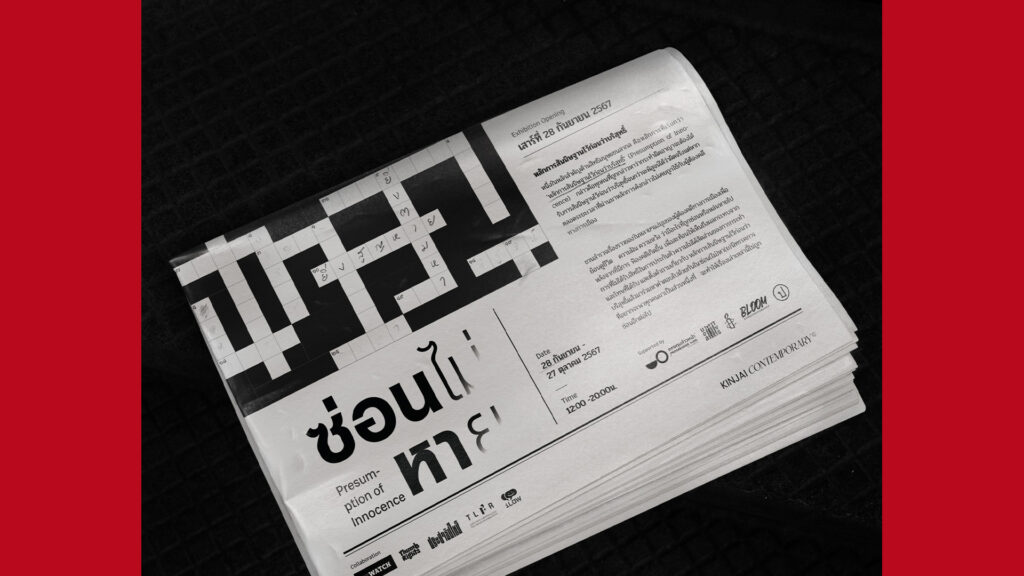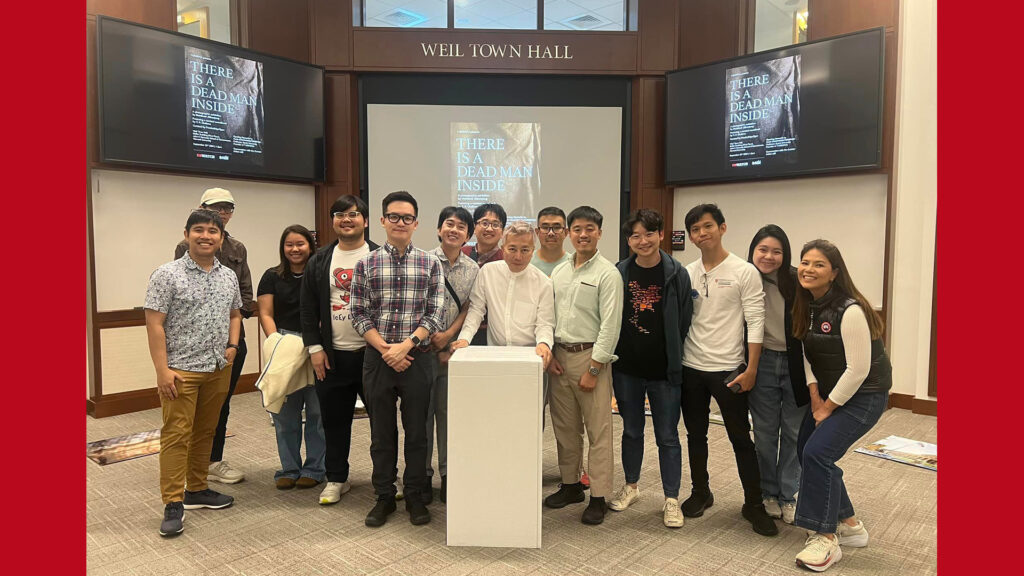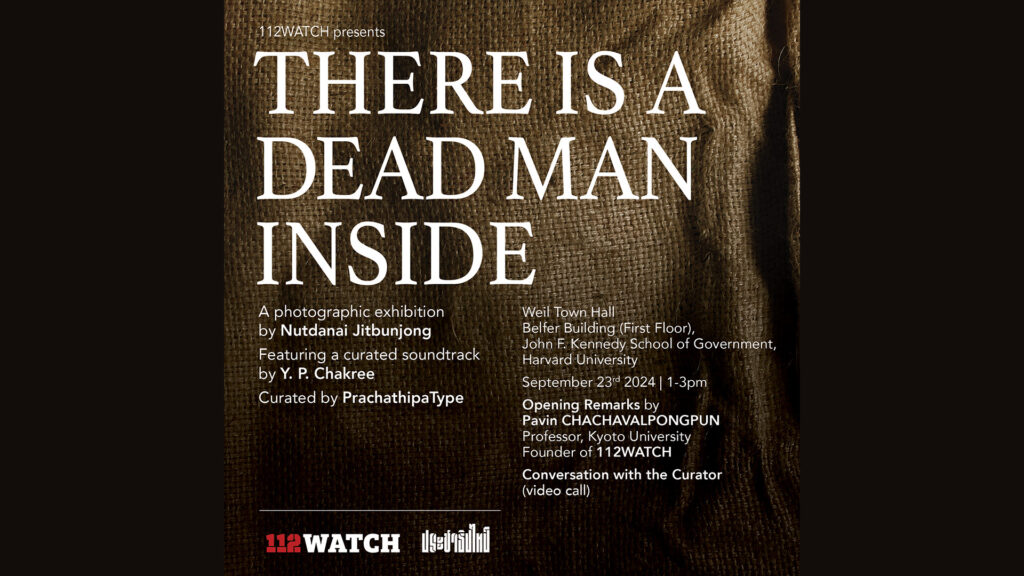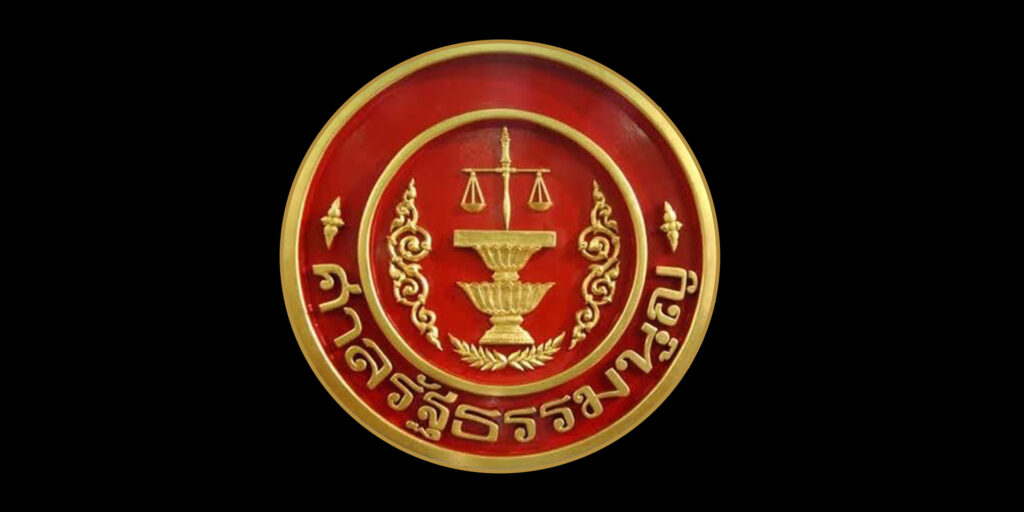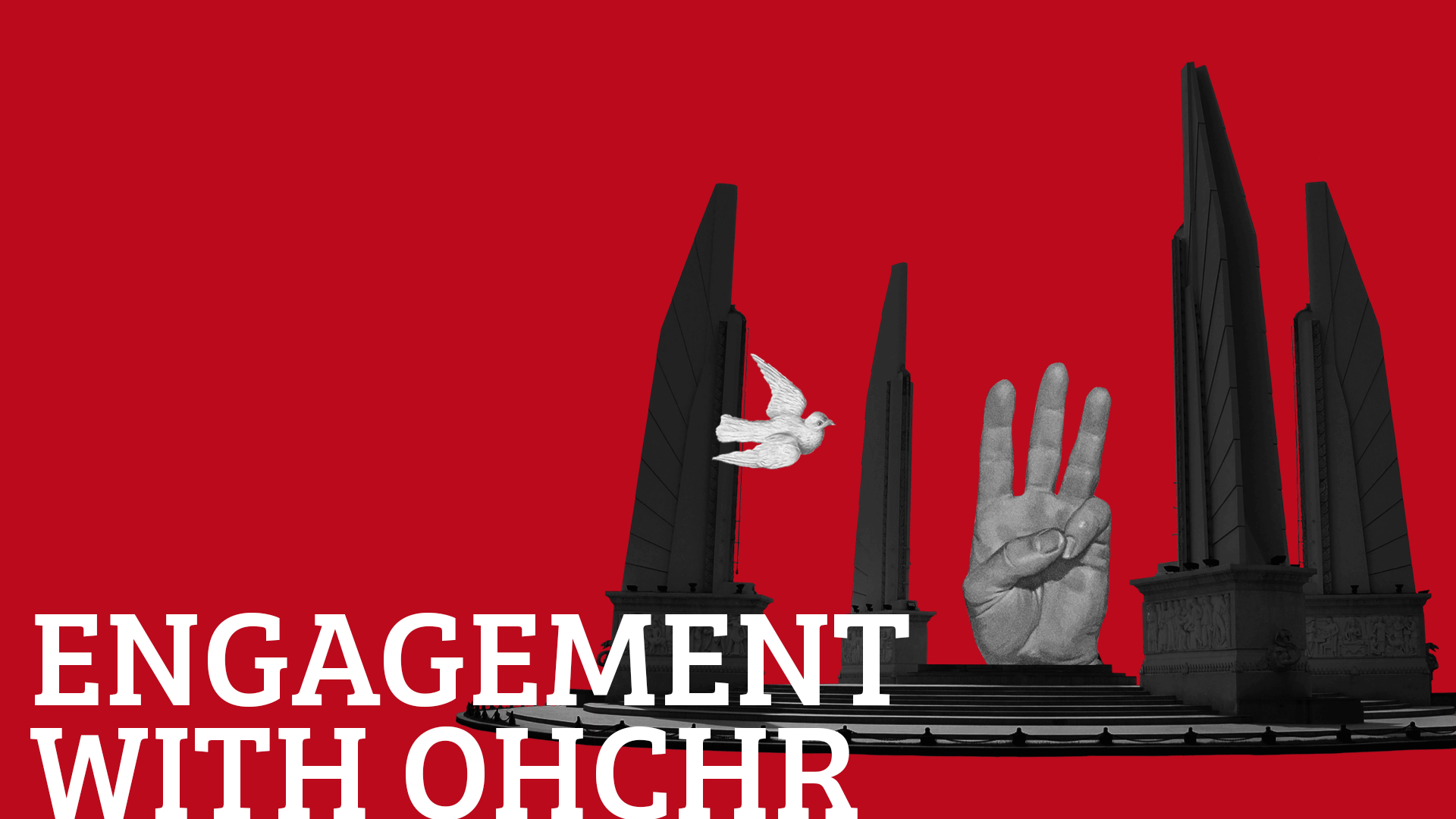
Work in Progress
Prior to the setting up of 112Watch, Pavin engaged with the OHCHR on two projects dealing with OHCRR concerns on the human rights situation in Thailand. Pavin submitted two reports and the details are below.
Pavin wrote a report on the Safety of Journalists and the Issue of Impunity and submitted it to the OHCHR-United Nations Office in Geneva on 23 April 2021. This was written this report in a number of capacities, as the founder and media manager of the private Facebook group called the “Royalist Marketplace,” as well as a victim of the Thai state accused of committing “cyber crime” under the current regime of Prime Minister General Prayuth Chan-ocha of Thailand.
The report was a response the General Assembly resolution 74/157 on “The safety of journalists and the issue of impunity.” I provided the situation on Thailand, particularly on how female journalists worked under threat of the Thai regime.
https://www.ohchr.org/EN/Issues/SafetyOfJournalists/Pages/index.aspx
Pavin assisted in research for the special rapporteur on the rights to freedom of assembly and of association regarding the impact of crisis situations on peaceful protests. The results of the questionnaire will be presented to the UN Human Rights Council at the 50th session, tentatively to be held at the June/July 2022 session.
This missions strives to create a good advocacy opportunity, particularly in explaining on the social and political crises, related to major political contestation and coup d'état, as well as health crises and pandemics. The questionnaire involves answering these questions:
- In what ways have you observed or do you have knowledge of such a type of crisis situation impacting on assemblies and other relevant human rights?
- What types of measures have you observed or do you have knowledge of being taken in response to such situations, that impact on assemblies and other relevant human rights?
- In what manners have you observed or do you have knowledge of the right to freedom of peaceful assembly, amongst other relevant human rights, being violated in such a context, or do you imagine it might be violated?
- What good or promising practices have you observed or do you imagine might be possible that would help to ensure the right to freedom of peaceful assembly, amongst other relevant human rights, is better respected, protected and/or fulfilled in such a crisis context?
He submitted this report to the UN on 21 July 2021.
https://www.ohchr.org/EN/Issues/AssemblyAssociation/Pages/DigitalAge.aspx
Pavin responded to the call for inputs to a report on human rights anti-corruption work. This report is to assist in providing information on the situation in Thailand in the connection between the rampant corruption and the safety of human rights defenders in exposing corruption cases.
There were cases of Thai human rights defenders exposing corruption cases but were then subject to state’s harassment. In some cases, they were physically attacked, as appeared in the case of Sirivit Serithiwat and Ekachai Hongkangwan, and even forcedly disappeared, such as in the case of Wanchalearn Satsaksit.
Founder of 112WATCH, Pavin Chachavalpongpun, has written a report to respond to a call for inputs on the "Right to Freedom of Opinion and Expression: Opportunities, Challenges and Threats to Media in the Digital Age." The report has been sent to the office of the Special Rapporteur on the promotion and protection of freedom of opinion and expression. The call can be found here:
The three leading NGOs: Manushya, Amnesty International and Cross Cultural Foundation, produced an analysis on Thailand’s Third UPR Review (UPR III) Outcome, taking place in March in Geneva 2022. Below is the summary of such analysis.
Despite the apparent effort to be seen as a human rights champion, the Thai government has let down whole communities.
On March 23, 2022, its final Universal Periodic Review (UPR) outcome was formally adopted during the 49th Regular Session of the UN Human Rights Council in Geneva. Put simply, the list of UPR recommendations that Thailand accepted after its 3rd UPR on November 10, 2021, would be formally finalised. However, Thailand has already indicated which recommendations it would accept and which ones it would only ‘note’ (effectively meaning ‘reject’.)
Thailand received 278 UPR recommendations, accepted 218 recommendations, and noted 60 recommendations. In total, it accepted 78% of the recommendations it had received. Despite this high number, the Government rejected key recommendations that are crucial for the further advancement of human rights in Thailand. In a backward move, Thailand rejected all 4 recommendations aiming at legalising marriage equality. Unfortunately, this hardly comes as a surprise, after the Constitutional Court upheld the discriminatory Section 1448 of the Civil and Commercial Code, which only sees marriage as a union between a man and a woman.
Showing its undemocratic side, the Government also did not accept recommendations calling for revision or amendment of the draconian lèse-majesté law, infamous Section 112 of the Criminal Code. This, neither, unfortunately, comes as a surprise. On the very day of Thailand’s UPR, November 10, 2021, while Thailand was congratulating itself on its progress in human rights protection in Geneva, Bangkok offered a very different picture. The Constitutional Court had just passed a verdict that rendered all efforts to reform Section 112 unconstitutional.
The Government also refused to fully commit to signing and ratifying important international human rights treaties, including treaties putting an end to the death penalty or providing protection to migrant workers. In a slightly more positive development, 8 recommendations calling for a revision of the draft NGO law were accepted.
Can we expect the Royal Thai Government to truly implement the accepted recommendations and improve the human rights situation on the ground? Not without us. Not without YOU! It is now a duty of all stakeholders, civil society organisations, local communities, international organisations, and most importantly foreign diplomats representing countries (Recommending States) that had provided the recommendations in question, to pressure the Thai government to comply with its international human rights obligations and commitments.
112WATCH is playing its part in rallying support from those stakeholders to continue to pressurise the Thai government in the improvement of the lèse-majesté situation.
Attached here is the report of the working group on the UPR, Thailand (Advanced Version), dated February 17, 2022.
Download: Report of the Working Group on the Universal Periodic Review
